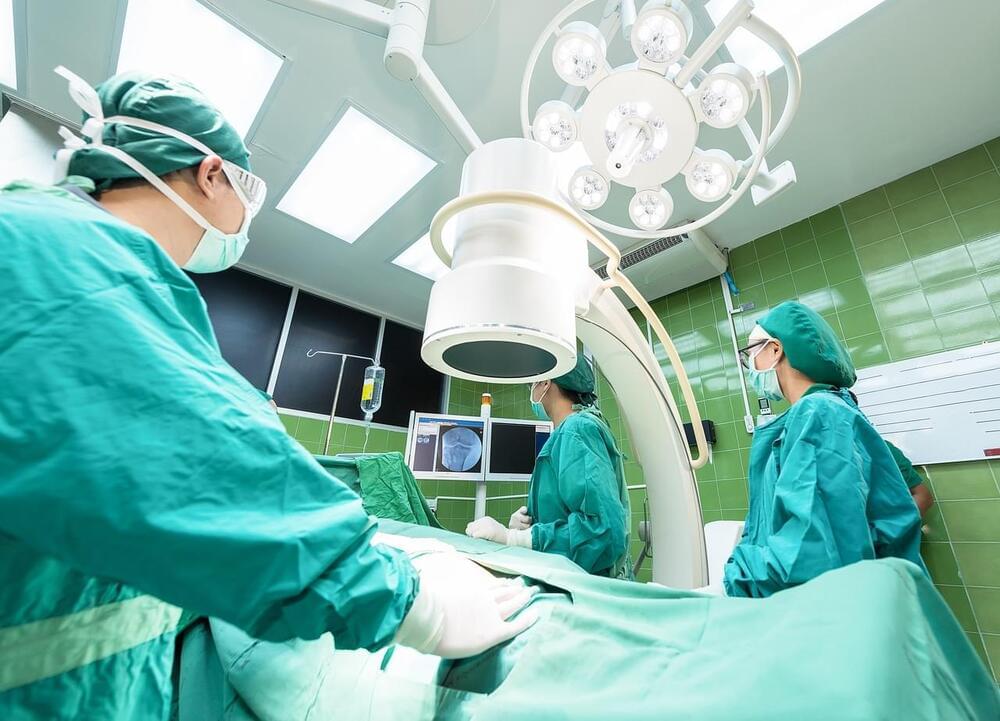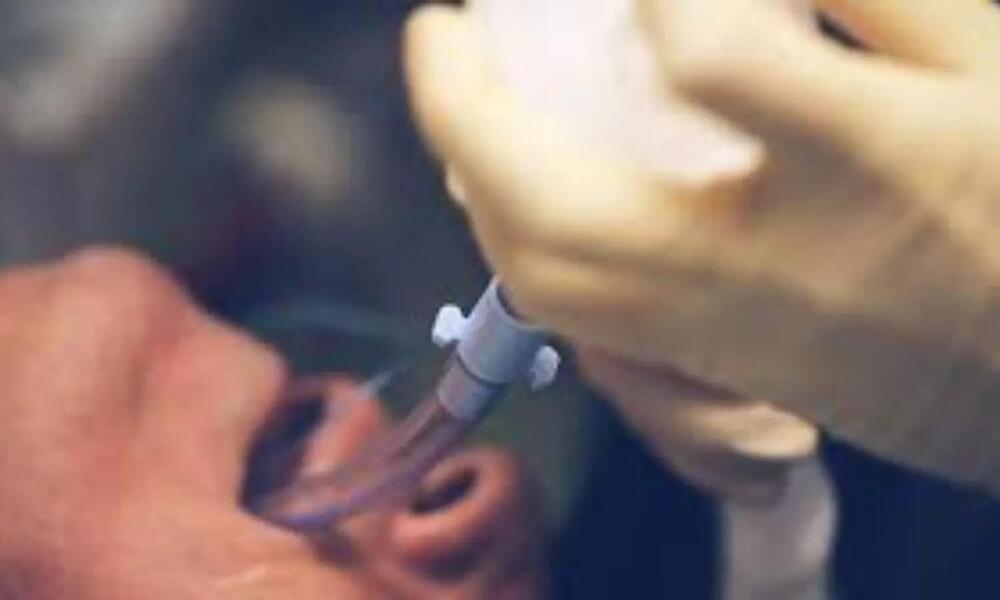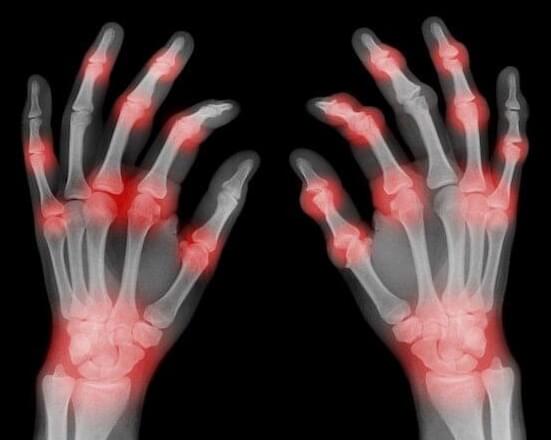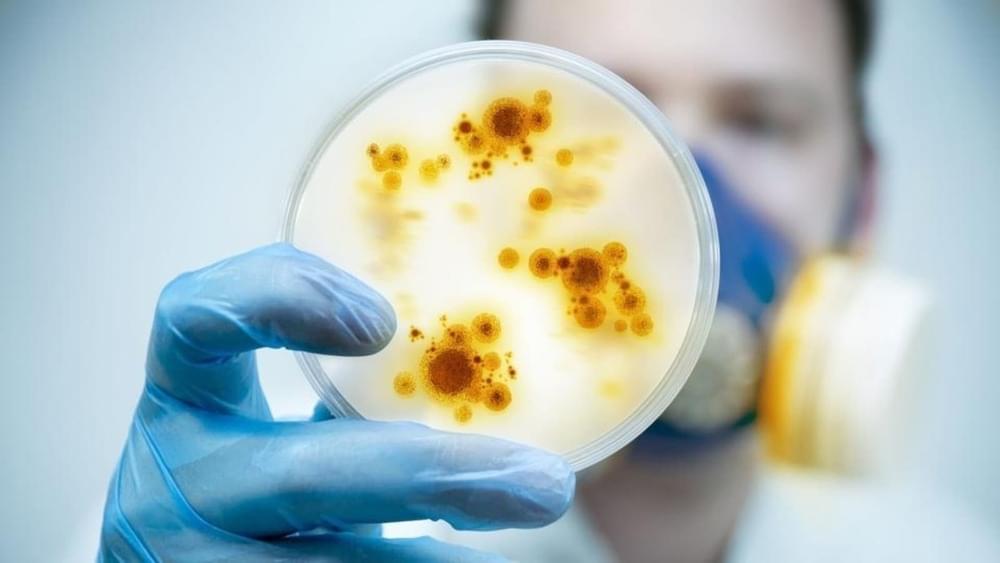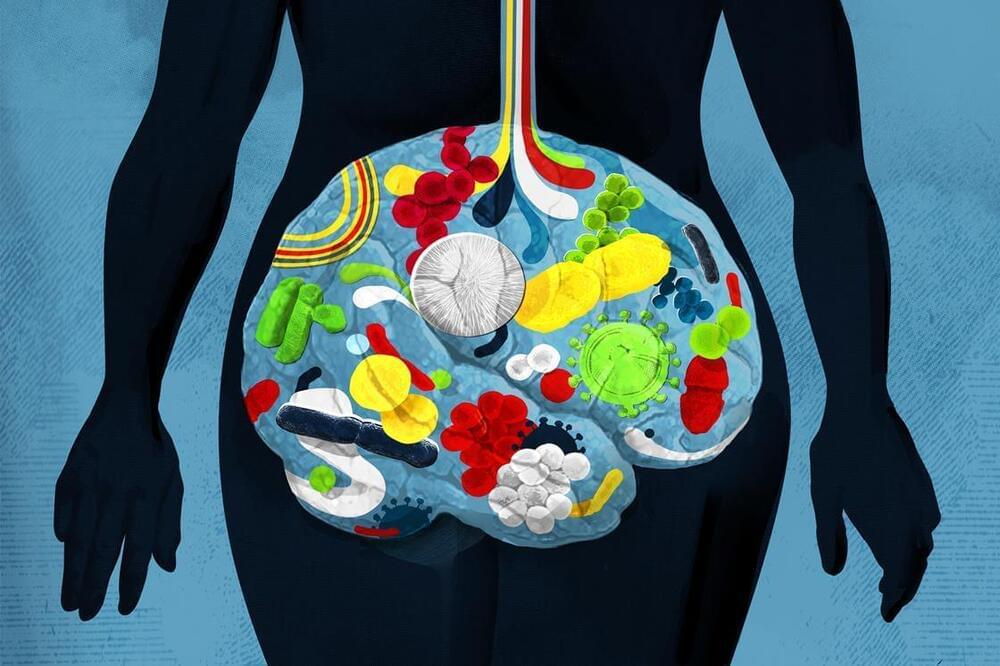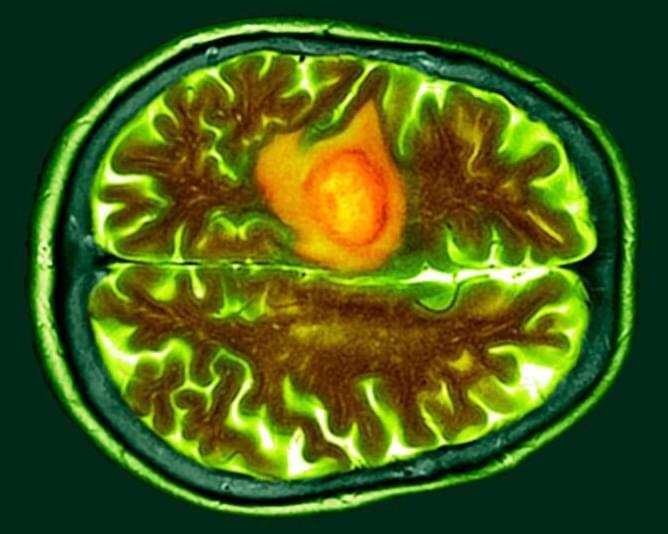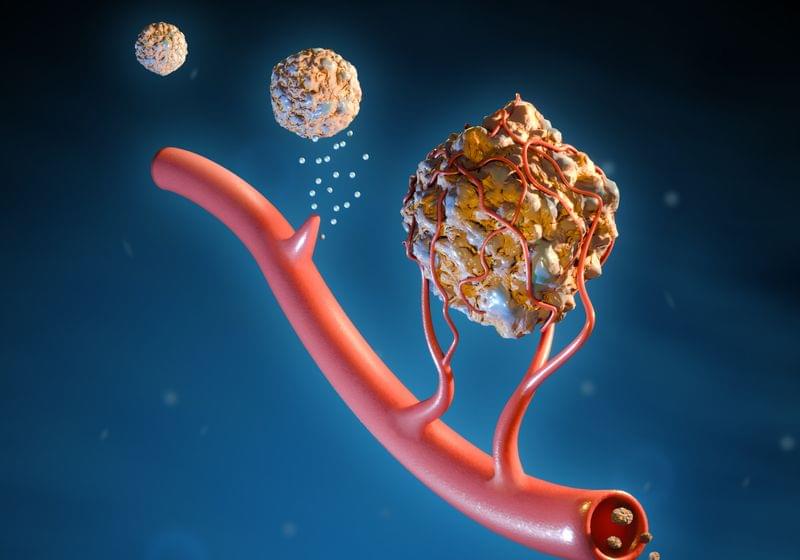Diabetic medication has garnered popularity within the last few years. It is not necessarily the need for these medications that is associated with its popularity, but a side effect that most individuals desire: weight loss. Since the advent of drugs that promote rapid weight loss such as Ozempic, Mounjaro, and Wegovy, widespread safety concerns are being raised regarding long-term effects and more immediate risks such as complications during surgery.
Ozempic, Mounjaro, and Wegovy are all part of a class of drugs known as semaglutides, which are glucagon-like peptide-1 receptor agonists or GLP1-RAs. GLP1 receptors are expressed on different cells within tissues and organs including the pancreas. GLP1-RAs help the pancreas release insulin and lower blood sugar levels, which makes these medications very helpful for those with diabetes. However, the stomach also has GLP1 receptors. Consequently, it activates these receptors as well and causes the stomach to digest food at a much slower rate. This delayed gastric emptying results in patients feeling full and not eating as much to lose weight. Additionally, previous literature has found that patients on GLP1-RAs have lower risk of adverse cardiovascular effects, such as heart attack. However, there are limitations to this medication associated with surgery.
Surgeons ask patients to fast before a surgery for a myriad of reasons all pertaining to the safety and success of the surgery. One reason includes that under anesthesia any remaining food in the stomach can come up and flow into the trachea leading to a life-threatening condition referred to as “aspiration pneumonitis”. Physicians and scientists are currently working to avoid this event from occurring and are investigating the risk of aspiration pneumonitis in patients.
